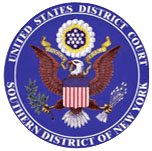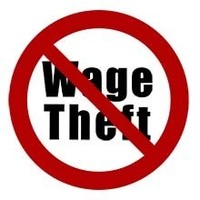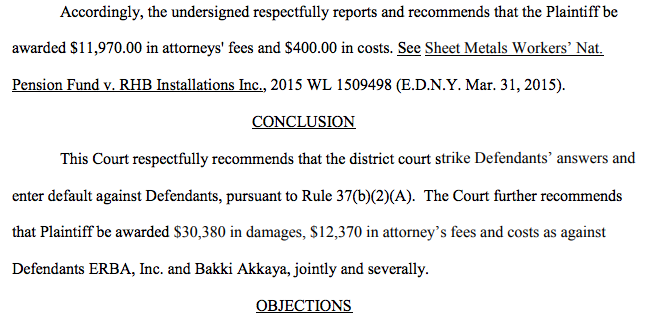Employers in New York cannot willfully turn their backs to the state’s minimum wage and overtime laws and expect to get away with it. Courts or the Department of Labor are likely to impose hefty fines or penalties. Today’s employment law blog discusses the penalties employers on Long Island and in the rest of the…
Continue reading ›Your Side













